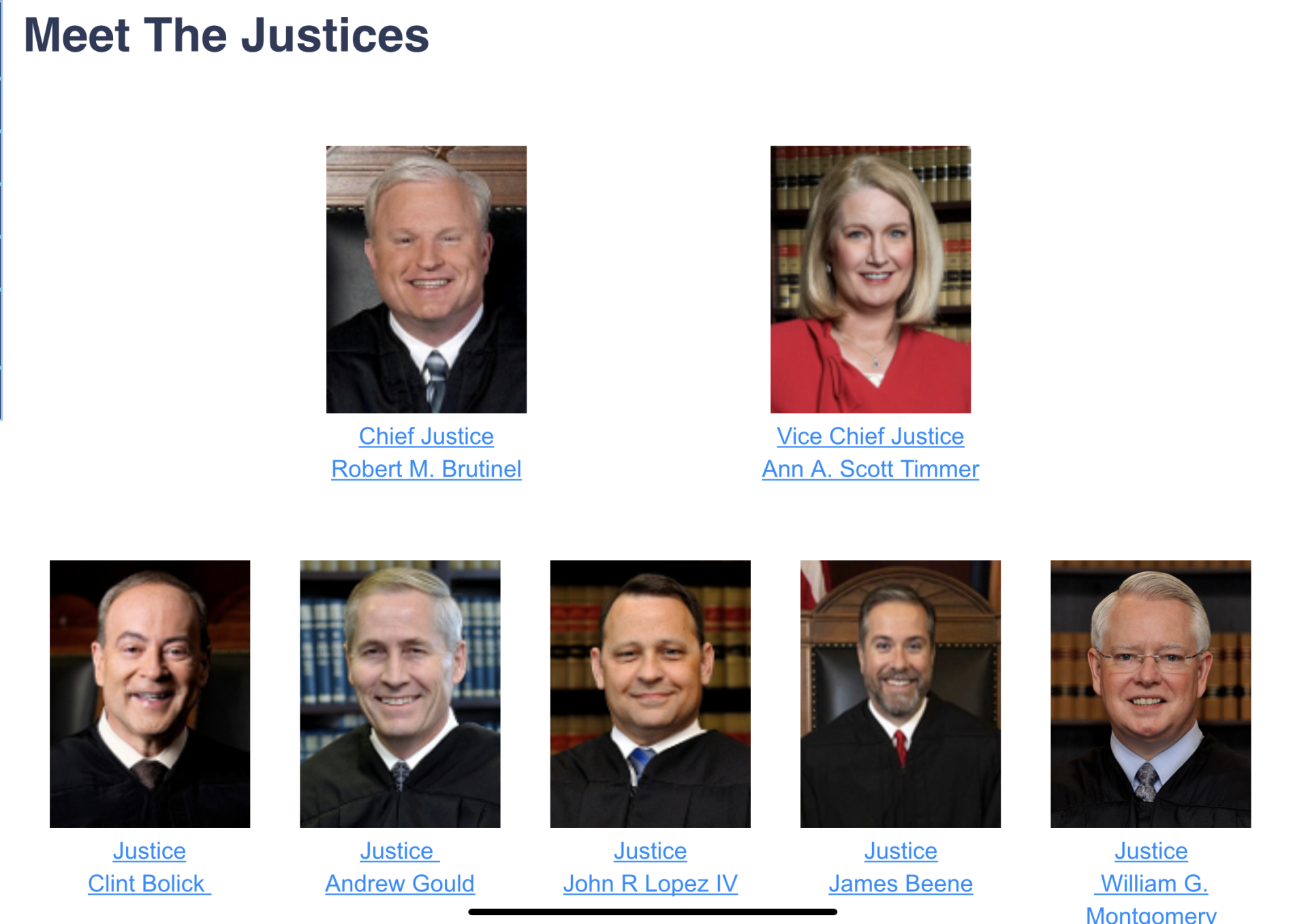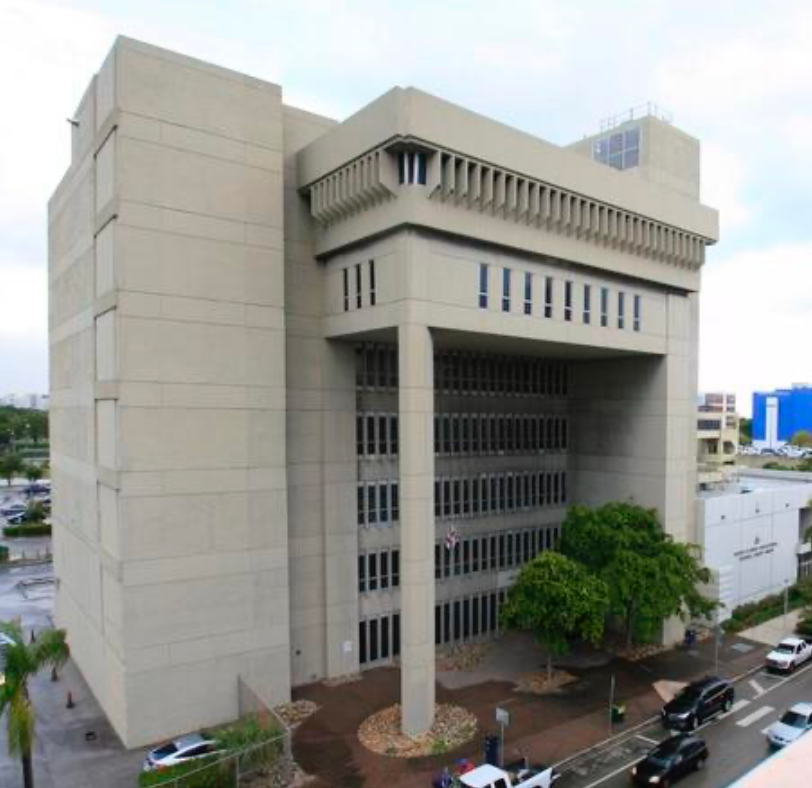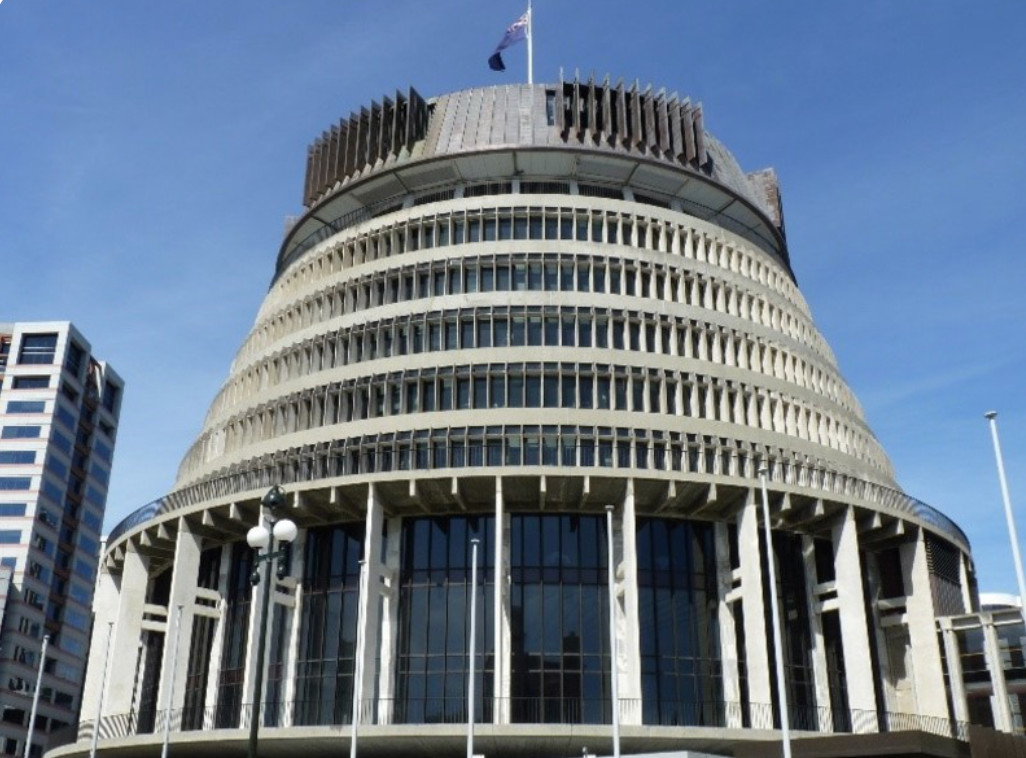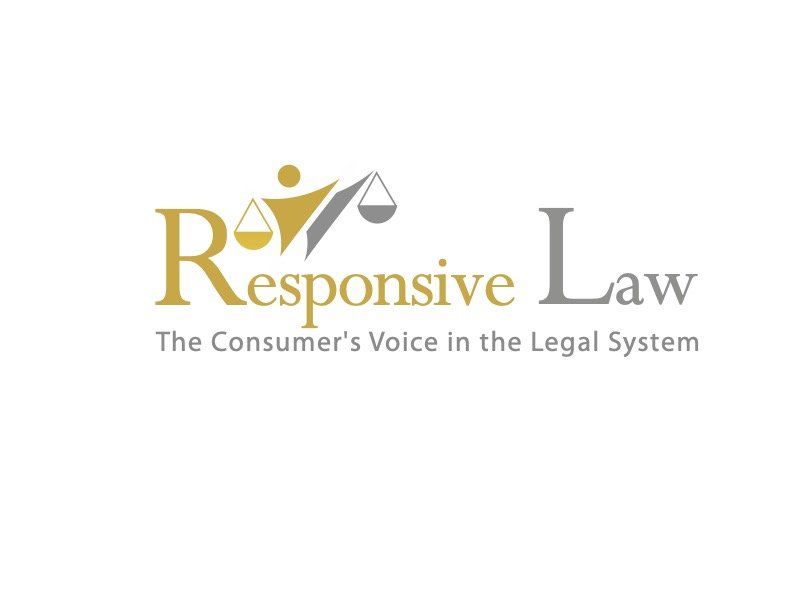Arizona: leading regulatory reform in the US
Crispin Passmore • August 28, 2020
Rule 5.4 abolished allowing ABS, MDPs, non-lawyer ownership and fee sharing

Less than two weeks after Utah's Supreme Court voted unanimously
to authorise a pilot program to test non lawyer ownership, ABS and more, the Justices of Arizona's Supreme Court have gone one step further and voted to remove Rule 5.4 - the rule that prevents alternative business structures, fee sharing, non-lawyer ownership and multi-disciplinary practices. What is so radical is that they have bypassed any notion of a regulatory sandbox or testing program and moved directly to major reform. The crisis in access to legal services for ordinary citizens and small businesses, not only in Arizona, but across the US, justifies this forward thinking move. The Court said:
"In part, the innovation opportunities created by these changes are intended to improve access to justice and to make access to legal documents and legal representation available to more members of the public. A sentiment driving the task force responsible for proposing the rule changes was that lawyers have an ethical obligation to assure that legal services are available to the public and that if the rules stand in the way of making those services available, the rules should change. At the same time, the changes must maintain the professional independence of lawyers and protect the public from unethical and unprofessional conduct."
As with Utah, Arizona has also vowed to create a limited licence legal practitioner regime. This removal of the lawyer monopoly will ensure that a lower cost, simpler route to legal practice can emerge that meets the needs of those unable to afford a solicitor qualified in all sorts of areas of law irrelevant to the person's pressing needs. Readers in England may think it absurd that the thousands of legal advisers working in Citizens Advice, Law Centres, law firms and elsewhere would need a special licence at all - it simply isn't required for most legal activity here - but in the US the lawyers monopoly grip on the practice of law has been as vice like as Derek Robinson's
grip on Longbridge in the 1970s and 80s. The introduction of legal paraprofessionals, able to work beyond the supervision of regulated solicitors and to accompany their clients to court, could be a significant contribution to a more consumer focused legal market - especially when combined with the Rule 5.4 changes. Licensing restrictions in US labour markets - especially for professions - are long recognised
as a constraint on growth and driver of inequality. Social welfare, housing, immigration, employment/labour and health advisers in England & Wales's Law Centres offer a template for social Justice models in Arizona.
Over the last 18 months I have spoken to several US States that are considering regulatory reform. The common theme is the need to widen supply to help tackle the huge unmet legal need. As Judges they often articulate the issue as an access to justice crisis but in reality it is a simple economic issue: protectionism has pushed up prices, held back innovation and quality, and artificially constrained supply. That has been good for law firm partners - they haven't needed to compete for clients in the way that most businesses do, haven't faced disruption and have avoided digitisation. No wonder they fight reform when it is the public and businesses that pay the price through services often unchanged at their core in 50 years.
The COVID19 pandemic has intensified the need for change and the bravery of the Arizona Supreme Court to recognise this and provide certainty should be applauded. New entrants will have additional confidence that this is not a two year pilot after which they will be pushed back out by the lawyers. Utah tackled this by making clear that even if their sandbox did not consider beyond the two year test period it would allow those that operated safely through the program to remain after the pilot. But Arizona's bold step will likely attract further interest from legal businesses.
On the removal of Rule 5.4 the Court said: "The elimination of the rule prohibiting fee sharing and prohibiting non-lawyers from having economic interests in law firms. With these modifications, Arizona is set to implement the most far-reaching changes to the regulation of the practice of law of any state thus far."
The first licences for ABS are expected to be issued from the 1 January 2021.
Other States will be watching Arizona and Utah carefully. California is putting together its next working group to explore a regulatory sandbox. DC and Florida each have their own task force. Other States will want to replicate these changes if they prove as successful as expected.
As ever the risk is that laggards get left behind. With imagination it will be possible to base a US-wide legal service in Arizona or Utah, meeting the legal needs of citizens and businesses across the US. That is after all what the white shoe firms do from their New York base for their corporate clients and it is what business focused law firms do for their national and international clients. They call on local lawyers where necessary to supplement their expertise and new entrants based in Arizona or Utah will have the scale, technology and platform to support this vision.
Often we hear that the US lawyers are not innovating. But you just have to look at the emergence and growth of competitors to traditional firms, such as Elevate, Axiom, United Lex, Legal Zoom
and Rocket Lawyer
to see that innovation is underway and new model legal businesses, enterprise legal services and tech platforms are offering the quality, service and price that customers demand. right across the market. These regulatory changes simply increase the opportunity for lawyers to work in more diverse organisations, meet legal needs in new ways and thrive. Some law firms such as BCLP
and Fisher Broyles
It has been a pleasure to support Arizona with these reforms. Let's now see other States follow their lead and put the public ahead of lawyers.

The Legal Tech Fund ran the best event for innovators int he legal market that I have found. TLTF 2023 was a a great opportunity to learn new things but best of all were the connections made and friends seen. These enabled new discussions and deeper debates about technology, capital deployment and liberalisation. TLTF 2024 is just one year away - I'm already excited.









